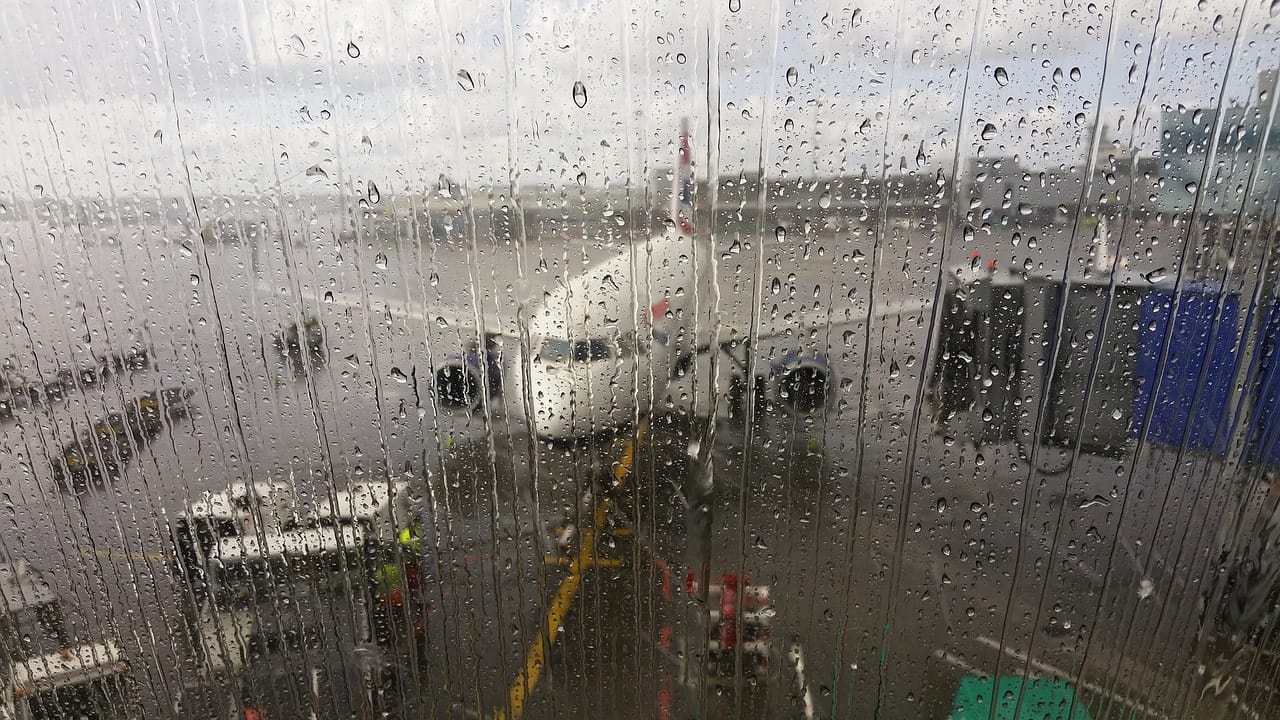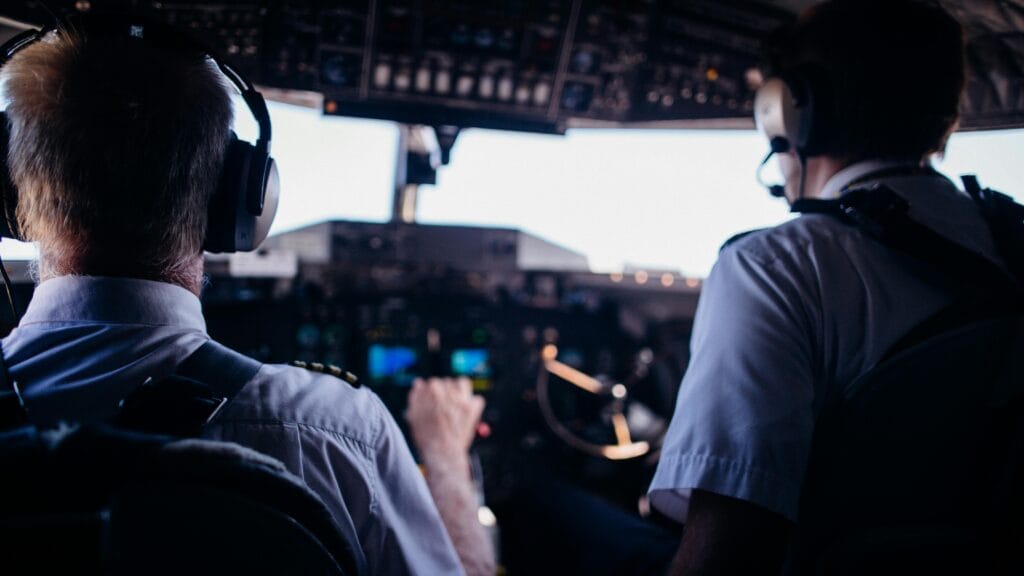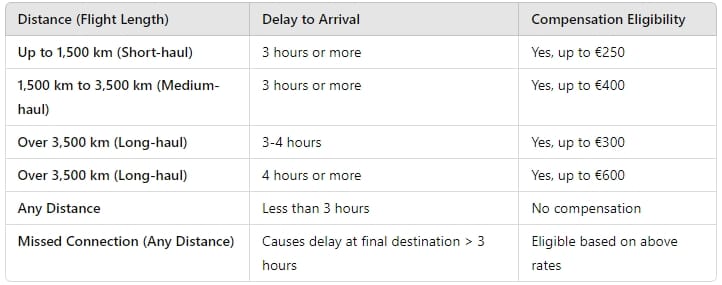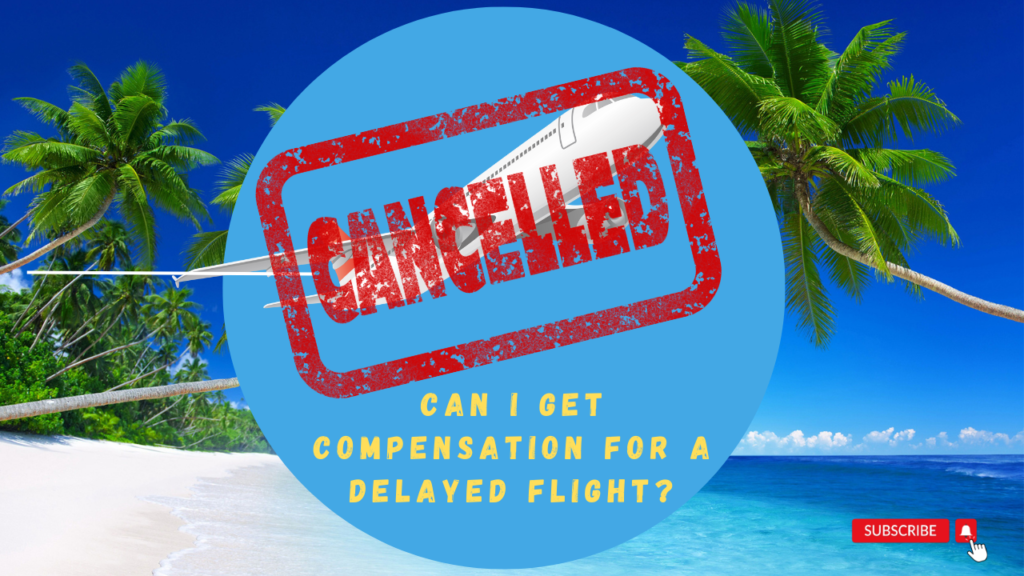Flight delays and cancellations can ruin your travel plans, but did you know that you could be eligible for compensation in many of these situations? In this article, we will explore everything you need to know about flight delay compensation, from understanding your rights to step-by-step guides for claiming what’s rightfully yours. By the end, you’ll be well-prepared to handle any flight disruption like a pro
What is Flight Delay Compensation?
Flight delay compensation is a financial reimbursement that airlines are legally required to provide passengers in case of significant delays or cancellations. Understanding this concept is crucial, especially if you find yourself in such a situation.
Definition and Overview
Flight delay compensation can take various forms. Typically, it may involve financial reimbursement for inconveniences caused by a delay or cancellation, as well as services such as meal vouchers, accommodation, and alternative transportation. The key is knowing when and how you can claim these benefits.
When Are You Eligible for Compensation?
Eligibility for compensation often hinges on the circumstances surrounding the delay or cancellation.You might be entitled to compensation if, for instance, your flight is completely canceled or is delayed for more than three hours. Moreover, you might be eligible for reimbursement for the portion of your trip that you missed if the delay causes you to miss your connection.
This table breaks down different cases to show when compensation may be granted based on the nature of the delay or cancellation.

Understanding Different Regulations (EU 261/2004, US DOT, etc.)
Several regulations protect passengers’ rights, with the most notable being the EU Regulation 261/2004. This law stipulates that if your flight departs from the EU or arrives in the EU on an EU airline, you might be eligible for compensation based on the distance of your flight and the length of the delay. In the United States, the Department of Transportation (US DOT) has its own set of guidelines that vary significantly from EU regulations. Understanding these rules can help you know your rights depending on where you are traveling.




What Causes Flight Delays and Cancellations?
Before diving into compensation claims, Knowing the underlying reasons behind flight cancellations and delays is crucial. This knowledge can help you assess your situation better and prepare for potential claims.
Common Reasons for Delays
Flight delays can stem from various factors, including:
- Weather Conditions: Severe weather can disrupt flight schedules, leading to delays and cancellations.
- Technical Issues with Aircraft: Mechanical failures or technical malfunctions often necessitate additional inspections and repairs, causing delays.
- Crew Shortages: Staffing issues, whether due to scheduling conflicts or last-minute illnesses, can also lead to delayed flights.
- Air Traffic Control Restrictions: High volumes of air traffic or unexpected restrictions can slow down flight departures.
Extraordinary Circumstances vs. Airline Responsibility
It’s crucial to differentiate between what constitutes extraordinary circumstances and what is under the airline’s control. For instance, delays caused by weather events typically fall under extraordinary circumstances, meaning the airline may not be liable for compensation. On the other hand, delays resulting from crew mismanagement or technical issues are generally the airline’s responsibility.
Legal Framework: Your Rights as a Passenger
To make sure you get paid what you are due, you must first understand your rights. Each country has its own regulations regarding flight delays and cancellations, and understanding these can empower you as a traveler.
EU Regulation 261/2004
EU Regulation 261/2004 is a robust legal framework designed to protect passengers’ rights in the event of flight disruptions within the European Union. This regulation applies to all flights departing from an EU country and flights arriving in the EU if operated by an EU-based carrier. Under this regulation, passengers are entitled to compensation ranging from €250 to €600 if their flight is delayed for more than three hours, canceled without prior notice, or if they are denied boarding due to overbooking.
The amount of compensation depends on the flight distance and the length of the delay :

Additionally, the regulation guarantees several other rights, such as:
- Right to Care: If a flight is delayed beyond two hours, passengers are entitled to meals, refreshments, two free phone calls, and, if necessary, hotel accommodation and transport to and from the hotel.
- Right to Reimbursement or Re-routing: For delays over five hours, passengers can opt for a full refund of the ticket cost and a return flight to their point of origin if they no longer wish to continue their journey.
- Right to Assistance: If a flight is canceled, airlines must provide an alternative flight at the earliest opportunity or a full ticket refund.
Exceptions:
Airlines are not required to pay compensation under extraordinary circumstances such as severe weather, political instability, or air traffic control strikes, provided they can demonstrate they took all reasonable measures to prevent the disruption (EUFlightCompensation.com).
US Department of Transportation (US DOT) Rules for 2024
The US Department of Transportation recently updated its regulations to offer better protection for passengers dealing with flight delays, cancellations, and disruptions. Here’s a detailed breakdown of the rules under the new Fly Rights program, which is effective as of 2024 :
Compensation for Canceled Flights:
- If your flight is canceled, airlines are required to offer a full refund if you don’t accept alternative travel arrangements or credits. The refund must be issued to the original payment method within seven business days if paid by credit card, or within 20 days for other payment types
Compensation for Delayed Flights:
- Compensation is owed if a flight is significantly delayed. For domestic flights, a significant delay is defined as a delay of more than three hours. For international flights, it’s a delay of more than six hours. Compensation includes a refund for the affected portion of the journey or the total fare depending on the severity of the delay
Passenger Rights in Other Regions (Canada, Australia, Asia)
Other regions, such as Canada and Australia, also have established regulations to protect passenger rights. For example, the Canadian Transportation Agency mandates compensation for flights delayed by the airline’s fault, while Australia has similar provisions. It’s essential to familiarize yourself with the regulations that apply in your country and destination.
How to Calculate Your Compensation Amount ?
One of the first questions travelers ask is: “How much am I entitled to?” Calculating your compensation can seem daunting, but breaking it down into simple steps makes it manageable.
Factors That Affect Compensation
The following variables may affect how much money you get paid :
- Distance Traveled: Longer flights typically warrant higher compensation.
- Length of the Delay: The longer you are delayed, the more compensation you may be eligible for.
- Type of Disruption: Whether it’s a delay, cancellation, or missed connection can affect the compensation you can claim.
Using Compensation Calculators
To simplify the calculation process, various online compensation calculators are available. These tools allow you to input your flight details to estimate potential compensation. By entering information such as your departure and arrival cities, the date of travel, and the duration of the delay, you can quickly assess what you might be owed.
How to Claim Your Flight Delay Compensation ?
Now that you know you’re eligible, let’s discuss the process of claiming your compensation. Knowing the steps can significantly increase your chances of a successful claim.
Step-by-Step Guide for Submitting a Claim
- Collect Required Documents: Start by gathering all necessary documents, such as your boarding pass, flight details, and any correspondence with the airline regarding the delay or cancellation.
- Contacting the Airline: Reach out to the airline through their official channels, either via their website, customer service phone line, or at the airport. Be polite but firm when explaining your situation.
- What to Do if the Airline Doesn’t Respond: If you don’t receive a response within a reasonable timeframe, follow up. Document all interactions with the airline for future reference.
Dealing with Airline Rejections
Sometimes, claims can be denied for various reasons. If your claim is rejected, don’t lose hope. Start by asking for a clear explanation of the denial. If you believe your claim is valid, you can escalate the matter by submitting a complaint to a regulatory agency or even considering small claims court if necessary.
Using Claim Management Companies
If navigating the claims process seems overwhelming, consider using a claim management company like Compensair. While they typically charge a fee or take a percentage of your compensation, they can streamline the process and improve your chances of receiving compensation.
What to Do When Your Flight is Delayed or Canceled ?
If you find yourself stuck at the airport due to a delay or cancellation, follow these steps to minimize inconvenience and maximize your compensation chances.
Immediate Steps to Take
- Speak with the Airline’s Desk Staff: Don’t hesitate to approach airline staff for assistance. They can provide information on rebooking and compensation options.
- Request Written Confirmation: Always ask for written confirmation of the delay or cancellation, as this documentation can be vital for your compensation claim.
- Document Everything: Keep detailed records, including times, conversations, and any receipts related to additional expenses incurred during the delay.
Getting Your Essentials Covered (Meals, Hotels, Transport)
Many airlines offer amenities such as meal vouchers or accommodation when a flight is significantly delayed. Inquire about these options, as they can alleviate some of the burdens caused by your disrupted travel plans.
Top Tips for Maximizing Your Flight Compensation Claim
Want to increase your chances of a successful claim? Here are some insider tips to help you out.
Always Keep Copies of Your Documents
Maintaining copies of your boarding passes, e-tickets, and all communication with the airline is crucial. These documents serve as essential evidence when filing your claim.
Know When to Escalate to a Regulator or Small Claims Court
If the airline remains unresponsive or denies your valid claim, you may need to escalate the matter. Filing a complaint with a regulatory agency can help resolve the issue, or you can consider pursuing your case in small claims court.
Leverage Social Media and Online Reviews
Social media can be a powerful tool. Many airlines are responsive to inquiries and complaints made publicly on platforms like Twitter or Facebook. Share your experience and tag the airline to get their attention. Positive reviews can also help boost your chances of getting a favorable response.
Common Myths and Misconceptions About Flight Compensation
There’s a lot of confusion surrounding flight compensation, so let’s clear up some common myths.
Myth: I Can’t Claim for Delays Caused by Weather
While weather delays often fall under extraordinary circumstances, there may still be situations where you can claim compensation. Always check the specifics of your case.
Myth: Compensation Only Applies for EU Flights
This myth is misleading. While EU regulations are robust, many countries have laws governing flight compensation. It’s crucial to understand the regulations applicable to your journey.
Myth: I Won’t Get Anything if I Accepted a Voucher
Accepting a travel voucher doesn’t necessarily negate your right to compensation. Always check the airline’s policies and consult with a representative to clarify your options.
Real-Life Case Studies: Successful Compensation Claims
Still not convinced? Here are a few real-world stories of passengers who successfully claimed flight compensation.
Case Study 1: Delayed for 5 Hours on an EU Flight
One passenger faced a five-hour delay on a flight from Paris to London. By understanding their rights and following the proper claim process, they successfully received €400 in compensation.
Case Study 2: Canceled Flight in the US
A traveler booked a flight from New York to Los Angeles that was canceled due to airline issues. After documenting everything and contacting customer service, they managed to receive a full refund along with meal vouchers.
Lessons Learned from These Cases
The key takeaway from these cases is that knowledge and persistence pay off. By understanding your rights and staying organized, you can increase your chances of a successful claim.
